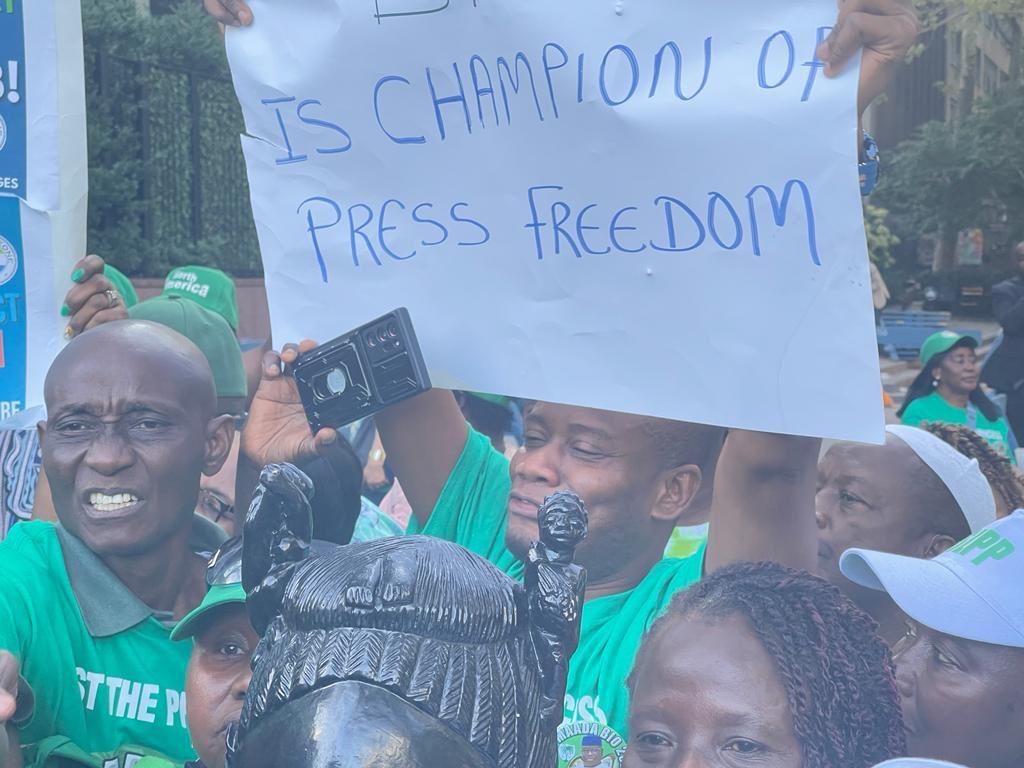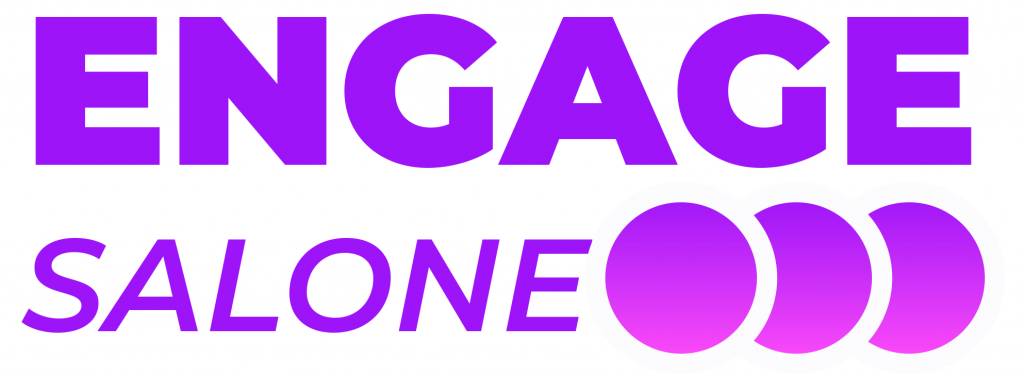The nature of politics in Sierra Leone produces a state and government that is highly patrimonial. In fact, political scientists would refer to it as neo-patrimonial—a system that runs on a patron-client exchange, transacting political favours for the loyalty of clients. The patrons are usually leaders, top officials, anyone with access to state resources and then the political parties. Resources (or access to them) are distributed from the patron (the powerful) to the clients who are usually a network of supporters and the parties. What essentially happens in such a system—and we see that all the time in Sierra Leone—is that the entire State, with all its institutions and resources, is privatised to benefit individuals in power and the people around them. This, we must also mention, is neither new nor a unique Sierra Leonean phenomenon. It is old and common in Africa.
If you are wondering why we have chosen to kick off this week’s editorial with heavy metal politics, here is the point: when a political system is organised this way, it produces a state and government that is elected by the many, paid for by the many and poor, but works only for a few. It affects all aspects of our lives, but we want to zoom in on the blurry lines between state and political party and we are using the conduct of public officials to illustrate the scale of the malaise.
It is common to see public officials in Sierra Leone spending time and using official platforms, state resources, and spaces for party political purposes. They are comfortable in party colours at public functions and in some cases, display a sense of arrogance and disrespect to taxpayers who may dare to question their behaviour. While this is not new to the Sierra Leone public service and our body politic, it is worrying that such behaviour is being slowly normalised. As next year’s elections are building up, such behaviours and the partisan conduct of public officials are expected to increase.
Recently, a group of ruling party supporters, including public officials, were on the streets of New York in full party regalia, throwing around careless political banter – reminiscent of similar behaviour with the previous government at the same venue. At the UN General Assembly where world leaders go to do serious business, our public officials immerse themselves in rallies and parades. We have also seen people who hold public offices taking part in rallies and making donations to political causes, while they were being addressed by their official titles and in their capacity as government officials. We live in a country where we pay all the expenses for leaders to go do work abroad and they go on to hold political rallies. State vehicles, fuel and allowances can easily be diverted to political work with no one held accountable. This primitive show of loyalty to political leaders – rather than the state – undermines trust in public service, blurs the lines between public service and party politics and undermines accountability in public service.
No wonder our public service is bloated – it is practically an extension of the ruling political party and packed with individuals who are expected to serve the interest of the party rather than the state. This has had implications on effective service delivery and places a huge and unnecessary financial burden on the state. This business of oiling the wheels of patronage has essentially rendered the government a salary-paying institution, making it reliant on donor resources to provide basic social services.
Past and present governments have made promises to sanitise our public service. But this has come to nothing as the State continues in its relentless drive to transform the public service into a pseudo-political party entity.
Politics in Sierra Leone is a winner-takes-all affair. Such a system allows a government and party to quickly replace whoever they do not want in the public sector and make way for their own. Those public officials who covered themselves in red yesterday were summarily removed and replaced with the current crop who are now parading themselves in green. It is cyclical. And expected to be repeated in the event of a change of government. This brutal transition is not helped by the nature of our neo-patrimonial politics where competence is not rewarded and experience is not nurtured. While this is a sad reality, it should also serve as a reminder to people who hold such offices to conduct themselves in ways expected of a public servant. Respect the office you hold and the people who pay for it–the taxpayers.
It might be naïve to imagine that we can easily get rid of patronage and the many ways it manifests itself. However, there is a need to check the way public officials use their time, especially when the office they hold is not a party office, but a public one, created by the state and paid for by the people. A bit more respect for the people’s institutions will go a long way in addressing this problem.
Have a nice weekend!
For feedback and comments, please write to us: info@admin.engagesalone.org
About The Author
- Engage Salonehttps://www.engagesalone.org/author/eng21_admin/
- Engage Salonehttps://www.engagesalone.org/author/eng21_admin/
- Engage Salonehttps://www.engagesalone.org/author/eng21_admin/
- Engage Salonehttps://www.engagesalone.org/author/eng21_admin/


